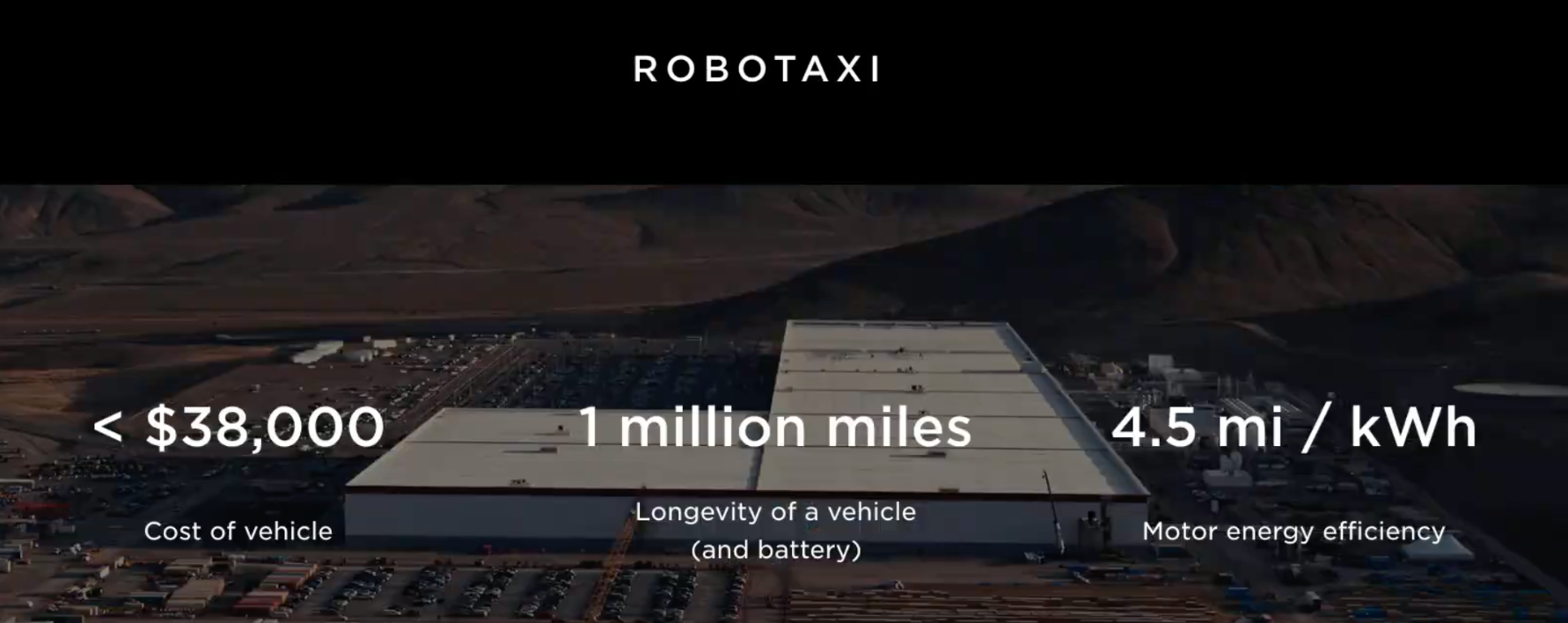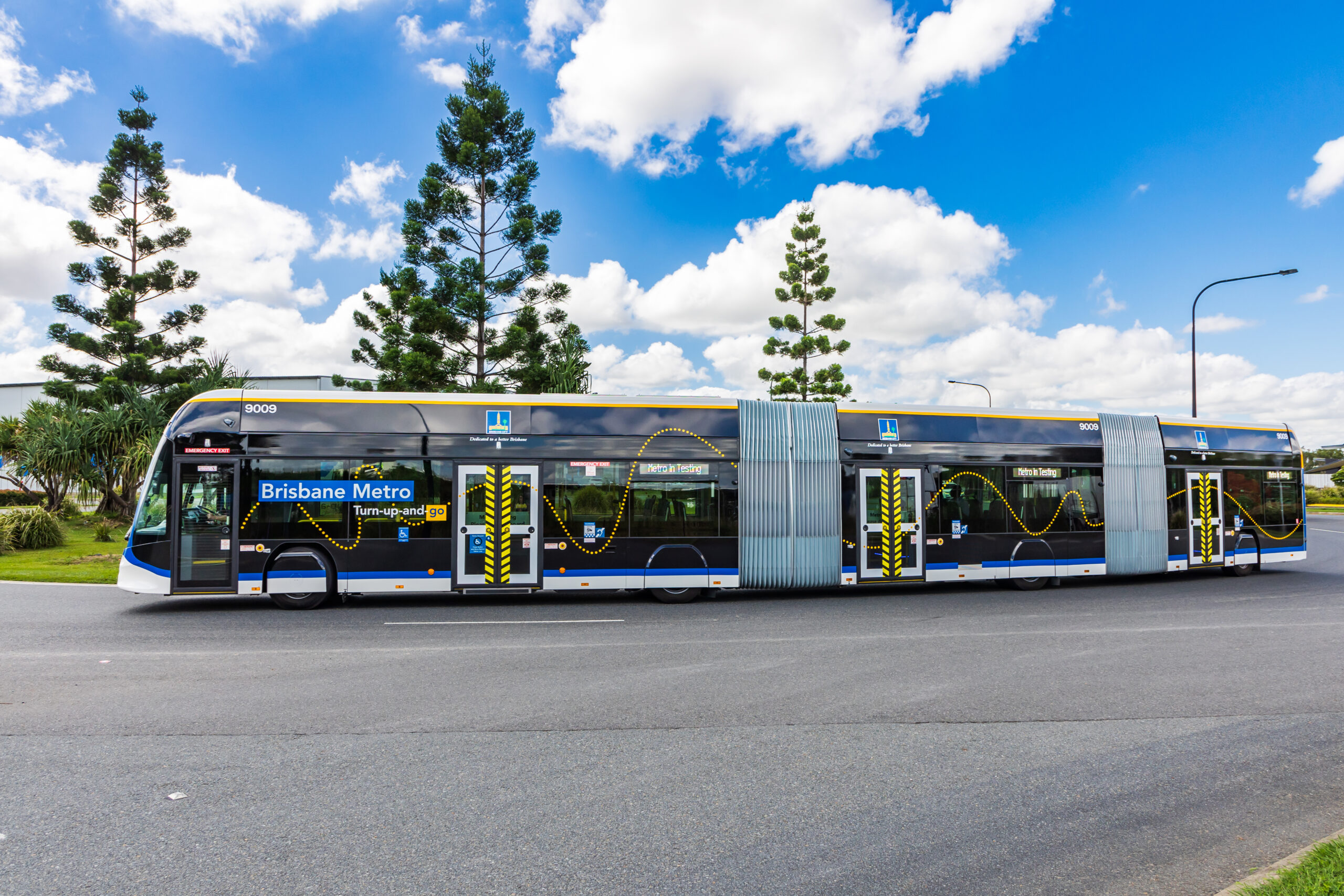BHP Mitsubishi Alliance (BMA) and Anglo American have cited Queensland’s coal royalties as a driver for recent operational decisions. What are the royalties and what do they mean for the industry?
In 2022, the Queensland Government introduced three new progressive royalty tiers in addition to the existing regime: 20 per cent for coal prices above $175 per tonne, 30 per cent above $225 per tonne, and 40 per cent above $300 per tonne.
The royalties were reaffirmed in September 2024, when the Queensland Government officially passed the Progressive Coal Royalty Protection (Keep it in the Bank) Bill 2024, amending the coal royalty regime under the Mineral Resources Act 1989.
This saw a coal royalty rate floor introduced, meaning progressive coal royalties cannot be removed or amended without prior positive endorsement from the Queensland Parliament.
“Queenslanders deserve a fair share from the coal resources that rightfully belong to them, and our progressive coal royalty tiers are delivering just that,” Queensland Deputy Premier and Treasurer Cameron Dick said at the time.
“The Progressive Coal Royalty Protection (Keep it in the Bank) Bill 2024 protects Queenslanders’ interest in the coal that belongs to them.”
According to the Minerals Council of Australia, the 2022 royalty changes almost doubled state royalty revenue from $7.7 billion in 2021–22 to $14.8 billion in 2022–23, despite production volumes remaining steady. Queensland’s share of national royalty payments jumped from 32.5 per cent to 47.2 per cent in the same period.
This week, Anglo American and BHP Mitsubishi Alliance (BMA) both announced they will curtail coal operations in Queensland, citing the influence of the royalty structure.
In a LinkedIn post, BMA asset president Adam Lancey said the company had to make hard decisions in response to the Queensland Government’s coal taxes and royalties.
“Today (September 17) I shared with our team we have made the difficult but necessary decision to remove roles in our workforce and transition our Saraji South operation into a period of care and maintenance,” Lancey said. “More broadly, BHP is also undertaking a strategic review of the FutureFit Academy in Mackay.”
BMA is reportedly cutting up to 750 jobs. Lancey said the uncertainty this creates for workers and communities “is not taken lightly”, adding that the Queensland coal industry was “approaching a crisis point”.
He said that under the current royalties regime, BMA had an effective tax and royalty rate of 67 per cent, returned just 1 per cent on capital employed, and paid around eight times more in royalties than it made in profit.
“Numbers like these aren’t sustainable and, while medium-term demand for BMA’s premium hard coking coal is strong, options to pause lower margin areas of our operational footprint must now be considered,” he said.
Anglo American has now announced it is also reviewing its Queensland operations, having already shed jobs at its Brisbane office and in the Bowen Basin.
In comments reported by ABC News, Ben Mansour, vice president of people and corporate relations at Anglo American Australia, said workforce changes were necessary to “ensure the long-term sustainability of our business”.
“These changes are essential to secure the future of our steelmaking coal operations in central Queensland,” Mansour said. “Our focus is on supporting safe, core operations and simplifying our business to adapt to ongoing market pressures — including lower coal prices and rising costs.”
AIMEX 2025 kicks off next week in Adelaide. Register for the free event here.




